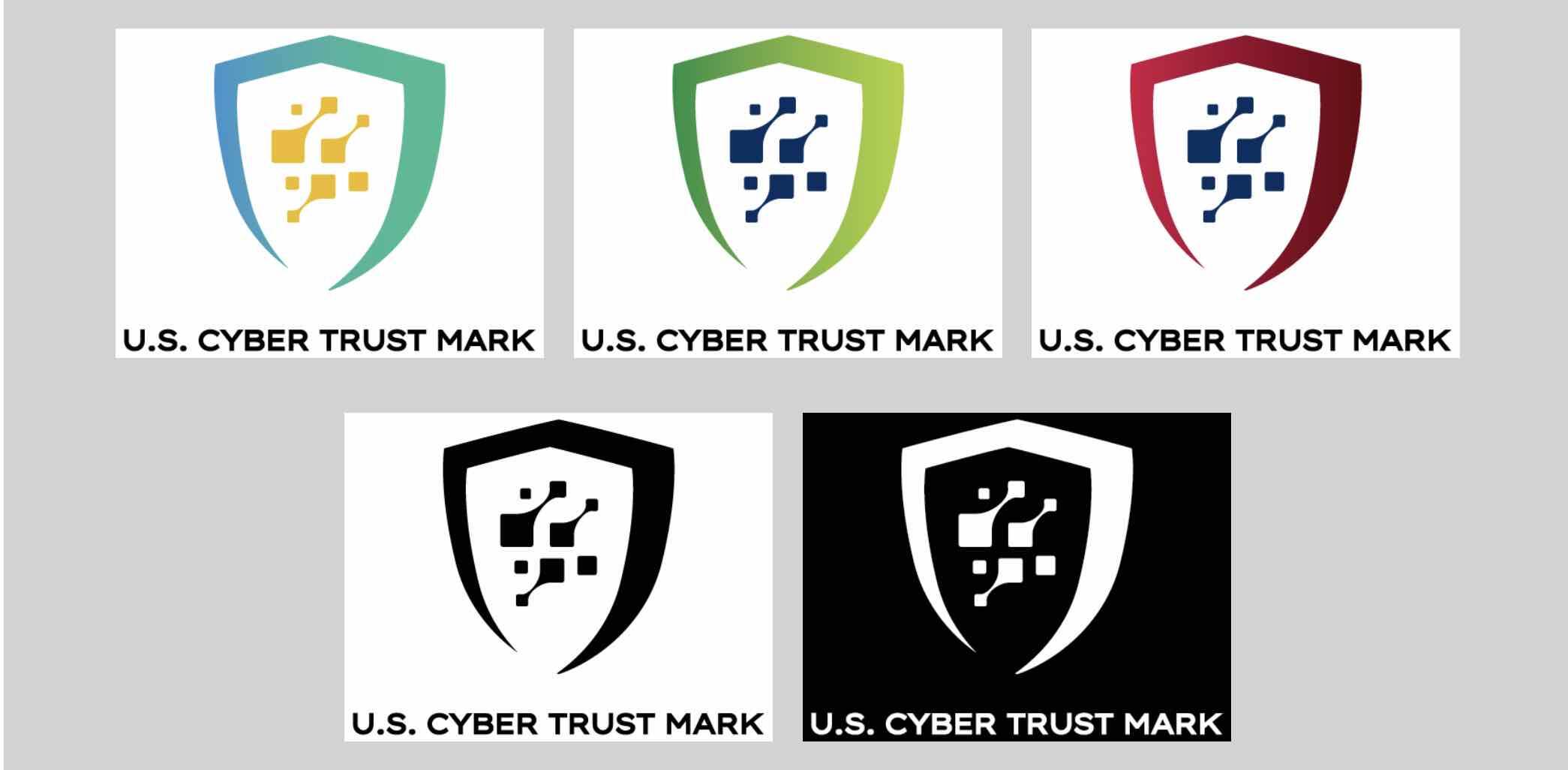BOOK THIS SPACE FOR AD
ARTICLE AD11. June 2021
This article has been indexed from Deeplinks
When it comes to online services, there are a few very large companies whose gravitational effects can alter the entire tech universe. Their size, power, and diverse levers of control mean that there is no single solution that will put right that which they’ve thrown out of balance. One thing is clear—having such large companies with control over so much of our data is not working for users, not working for privacy or freedom of expression, and it’s blocking the normal flow of competition. These giants need to be prevented from using their tremendous power to just buy up competitors, so that they have to actually compete, and so that new competitors are not incentivized to just be be acquired. Above all, these giants need to be pushed to make it easy for users to leave, or to use other tools to interact with their data without leaving entirely.
In recognition of this reality, the House Judiciary Committee has released a number of proposed laws which would reign in the largest players in the tech space in order to make a healthier, more competitive internet ecosystem. We’ll have more in-depth analysis of all of them in the coming weeks, but our initial thoughts focus on the proposal which would make using a service on your own terms, or moving between services, much easier: the ACCESS Act.
The “Augmenting Compatibility and Competition by Enabling Service Switching Act”—or ACCESS Act—helps accomplish a goal we’ve long promoted as central to breaking the hold large tech companies have on our data and our business: interoperability.
Today too many tech companies are “roach motels” where our data enters but can never leave, or be back under our control. They run services where we only get the features that serve their shareholders’ interests, not our needs. This stymies other innovators, especially those who could move beyond today’s surveillance business models. The ACCESS Act creates a solid framework for change.
Privacy and Agency: Making Interoperability W
[…]
Content was cut in order to protect the source.Please visit the source for the rest of the article.Read the original article: The ACCESS ACT Takes a Step Towards a More Interoperable Future
By continuing to use the site, you agree to the use of cookies. more information
The cookie settings on this website are set to "allow cookies" to give you the best browsing experience possible. If you continue to use this website without changing your cookie settings or you click "Accept" below then you are consenting to this.
.png)















 Bengali (Bangladesh) ·
Bengali (Bangladesh) ·  English (United States) ·
English (United States) ·